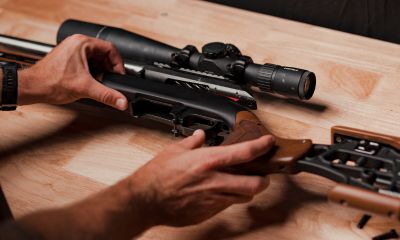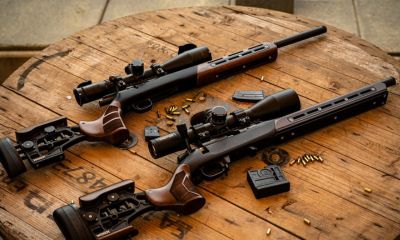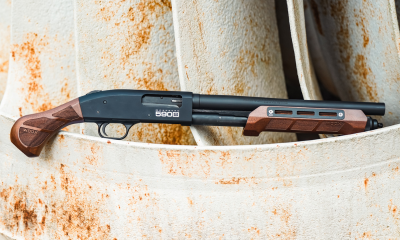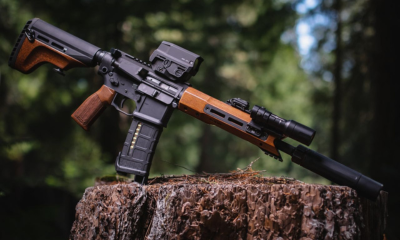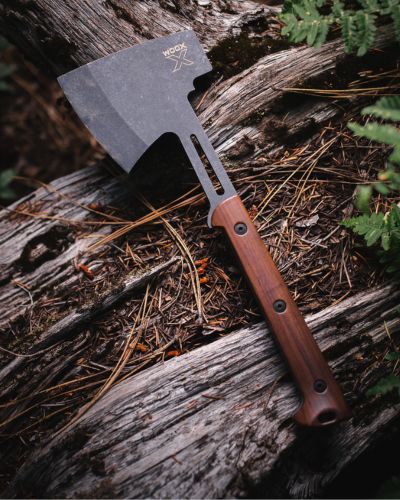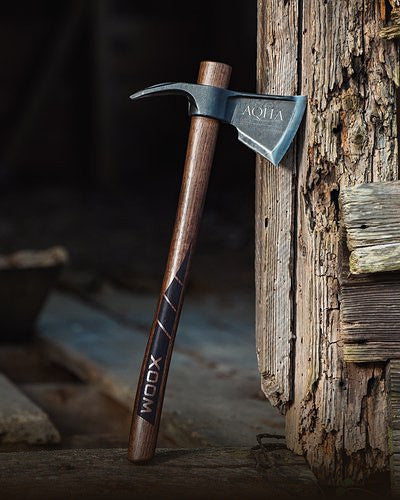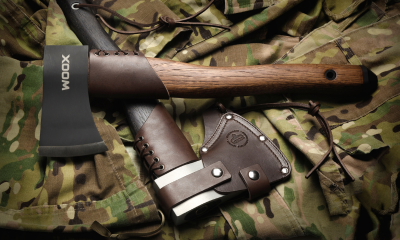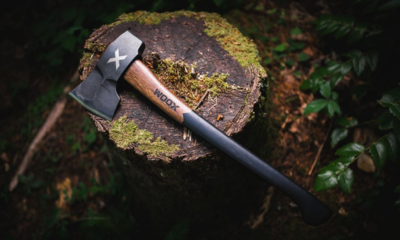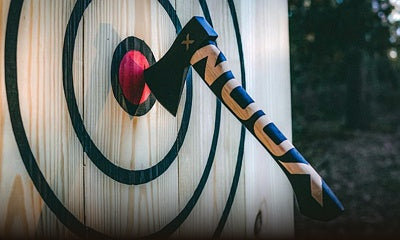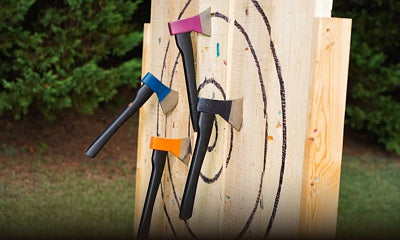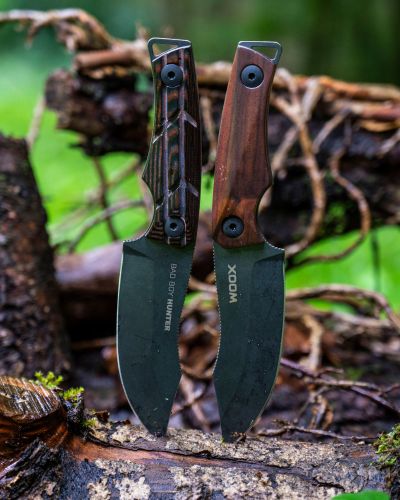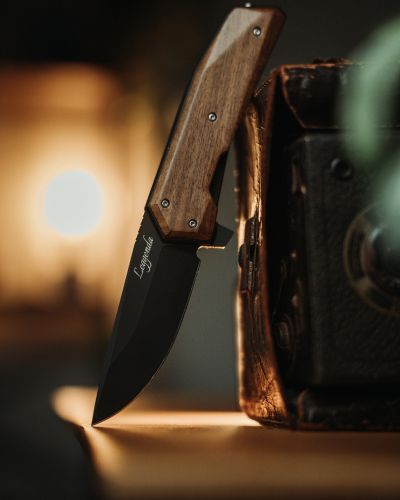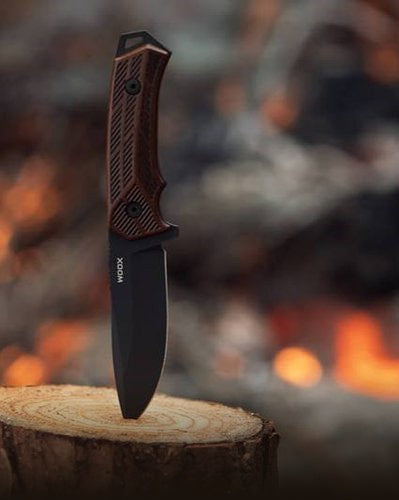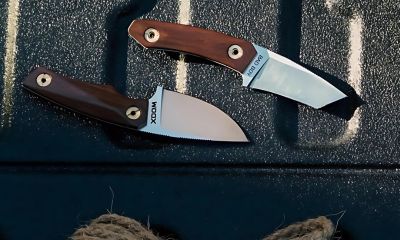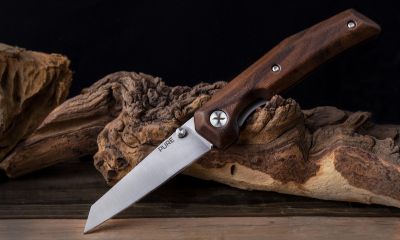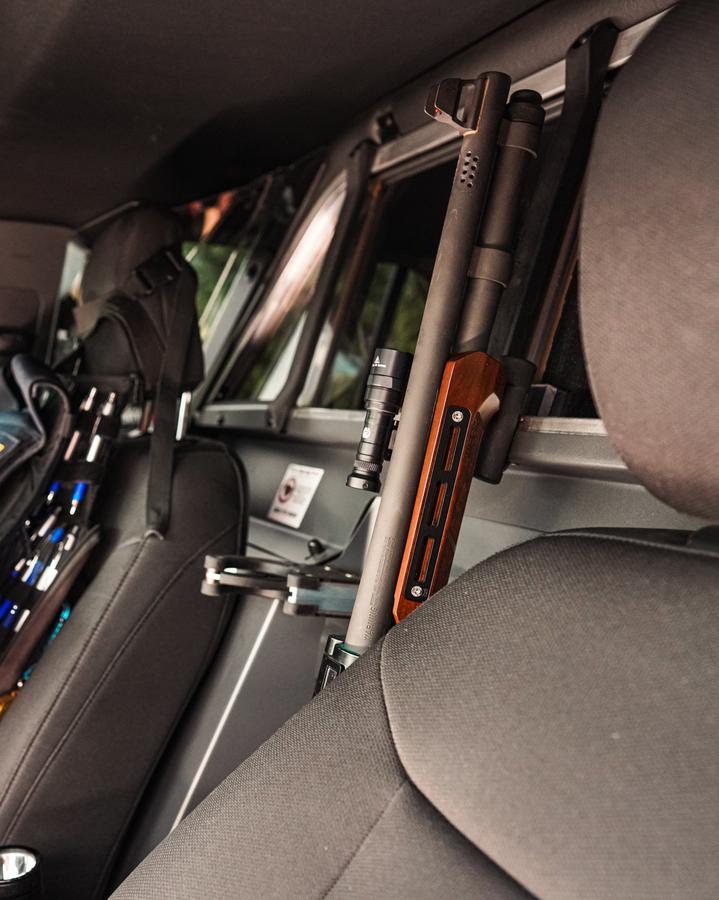The Ideal Rifle Weight: A Comprehensive Guide
Table of Contents
The weight of a rifle is a crucial factor that impacts its functionality and user's comfort. The right weight can vary significantly depending on the intended application. Whether for hunting, sport shooting, or tactical use, understanding the implications of rifle weight can lead to a more informed decision when selecting a firearm. This article explores the various applications and suggests an ideal weight range for each scenario.

Selecting the Right Rifle Weight for Your Needs
Hunting:
When it comes to hunting, portability and maneuverability are paramount. A lightweight rifle, generally between 5 to 8 pounds, is preferable. Lighter rifles are easier to carry over long distances and quicker to aim. However, a too-light rifle may lack the stability needed for precise shots at long distances.
Sport Shooting:
In sport shooting disciplines like benchrest or F-Class, rifles tend to be on the heavier side to provide stability and absorb recoil. A weight range of 10 to 15 pounds or more is common in this application. The additional weight helps in reducing the shooter's fatigue over prolonged periods and maintains accuracy.
Tactical and Defense:
For tactical and defense purposes, a balance between portability and stability is essential. Typically, rifles used in these scenarios weigh between 7 to 10 pounds. They are robust enough to withstand rough handling while still being maneuverable in close quarter situations.
Varmint Shooting:
Varmint shooting often requires a mix of portability and accuracy. A rifle weighing between 7 to 10 pounds is usually a good compromise. It provides the stability needed for long-range shots while still being relatively easy to carry.
Recreational Shooting:
Recreational shooters may prefer a lighter rifle for plinking and casual shooting. A weight of 5 to 8 pounds is often ideal as it allows for easy handling and an enjoyable shooting experience.
A Guide to Rifle Weights
This table provides a generalized idea of the suggested rifle weights based on usage and cartridge. Remember that individual preferences and specific models may lead to variations within these suggested weight ranges.
| Usage | Cartridge | Suggested Rifle Weight (lbs) |
|---|---|---|
| Hunting | .243 Win | 6 - 8 |
| .308 Win | 7 - 9 | |
| .270 Win | 7 - 9 | |
| .30-06 Springfield | 7 - 9 | |
| Sport Shooting | .223 Rem | 10 - 15 |
| 6mm BR | 10 - 15 | |
| .300 Win Mag | 11 - 16 | |
| Tactical/Defense | 5.56mm NATO | 7 - 10 |
| 7.62mm NATO | 8 - 11 | |
| .338 Lapua Magnum | 9 - 12 | |
| Varmint Shooting | .22-250 Rem | 7 - 10 |
| .204 Ruger | 7 - 10 | |
| .17 HMR | 7 - 10 | |
| Recreational | .22 LR | 5 - 7 |
| .17 HMR | 5 - 7 |
The suggested rifle weights are provided as ranges to account for varying models and personal preferences. Moreover, the addition of accessories or modifications to the rifle may also affect its overall weight and balance. Therefore, it's advisable to handle a variety of rifles, consult with experts, and consider the specific requirements of your intended shooting discipline to find a rifle that meets your needs in terms of weight, balance, and cartridge compatibility.

The ideal weight distribution among a rifle's components
The ideal weight distribution among a rifle's components is largely a matter of personal preference and intended use, but certain general principles can guide users in optimizing their firearms for specific tasks. Here’s a breakdown of how weight distribution among components can impact the performance and usability of a rifle:
Barrel:
A heavier barrel can provide better harmonic vibration characteristics and heat dissipation, which can contribute to improved accuracy especially during prolonged shooting sessions.
However, a lighter barrel might be preferable for hunting or tactical scenarios where mobility and quick maneuvering are vital.
Stock:
A well-balanced stock can significantly contribute to the overall balance of the rifle, making it easier to handle.
Some shooters prefer a stock with a bit of heft to it to help counterbalance the weight of the barrel and action, while others might prefer a lighter stock for easier portability.
Action:
The weight of the action can also impact the balance and handling characteristics of the rifle.
A heavier action can provide a solid platform for accuracy, but may be cumbersome in field or tactical scenarios.
Accessories:
Accessories like scopes, bipods, and sling mounts can significantly alter the weight distribution of a rifle.
It's essential to consider how these accessories will affect the overall balance and handling characteristics of the firearm.
Ammunition:
The type and amount of ammunition carried can also affect the weight and balance, especially in magazine-fed systems.
Customization:
Many modern rifles offer a level of customization allowing users to adjust the weight distribution to their preference by adding or removing components such as weights, changing stocks, or barrels.
Ultimately, the ideal weight distribution among a rifle’s components will depend on the shooter's preferences, the intended use of the rifle, and the specific circumstances under which the rifle will be used. It may require some experimentation and adjustments to find the perfect balance that suits an individual’s needs and preferences.
Rifle Weight Balance Point Explored
The weight balance point of a rifle is crucial for user comfort and accuracy. It refers to the point where the rifle balances evenly, impacting how the firearm feels and performs during use.
I
mportance of Balance:
A well-balanced rifle aids in easier handling, reduces fatigue, and enhances accuracy, especially during rapid aiming and shooting.
Variations Across Rifles:
Different types of rifles have varied balance points. For instance, hunting rifles often have a balance closer to the shoulder to aid in quick aiming, while sporting rifles might have a balance point closer to the center for stability.
Finding Your Ideal Balance:
The right balance point depends on personal preference and the intended use of the rifle. Test different rifles to find what feels comfortable and meets your shooting needs.
Adjusting Balance:
Accessories like bipods, stocks, or barrel weights can alter a rifle’s balance point to suit individual preferences and shooting scenarios.
Understanding and finding the right balance point of a rifle is a subtle yet significant aspect of ensuring a comfortable and accurate shooting experience.

SHOP BY purpose
Discover the perfect fit for your needs with our diverse collection of aftermarket stocks, tailored for a range of different purposes.
see all our stocksKeep Reading

MP5K for the Woox Edge
Turn a classic HK MP5K into a next-level tactical rig with quality upgrades like Midwest Industries rails, B&T suppressor, Cloud Defensive REIN light, and EOTech EXPS3-0 optic for unmatched performance.
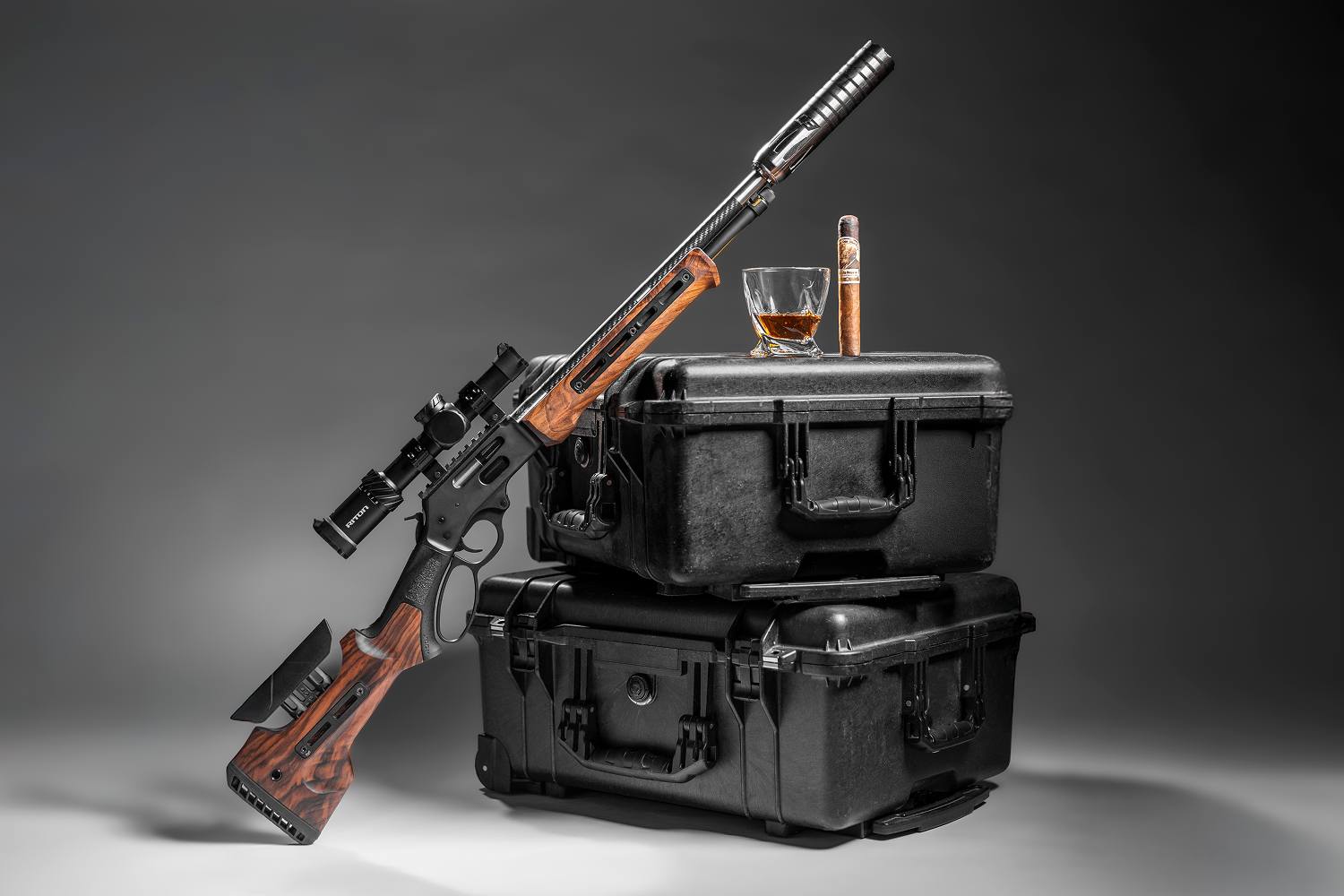
Henry HUSH & Bravado High Grade Series: A Suppressed Lever‑Action Rig Built for the Hunt
The Bravado High Grade Series blends classic lever action with modern optics and suppression, creating a versatile, quiet hunting rifle ready for any terrain.
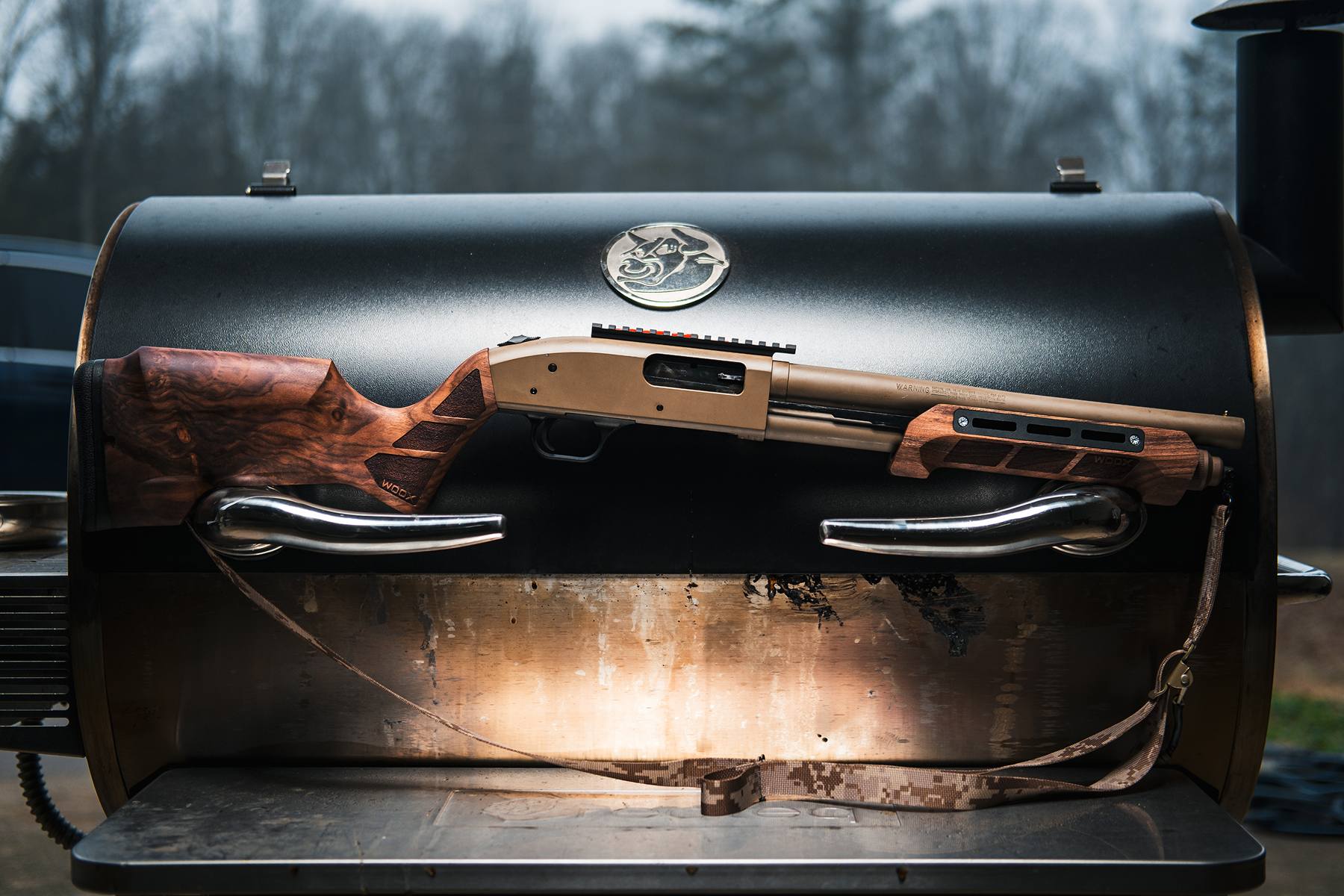
Mossberg 590 Shockwave with Eastern Shore Sling Co. on Gladiatore High Grade Series
In the Gladiatore High Grade Series, the Mossberg 590 Shockwave meets Eastern Shore Sling Co. craftsmanship, creating a compact, rugged system built for real-world readiness and confident control.
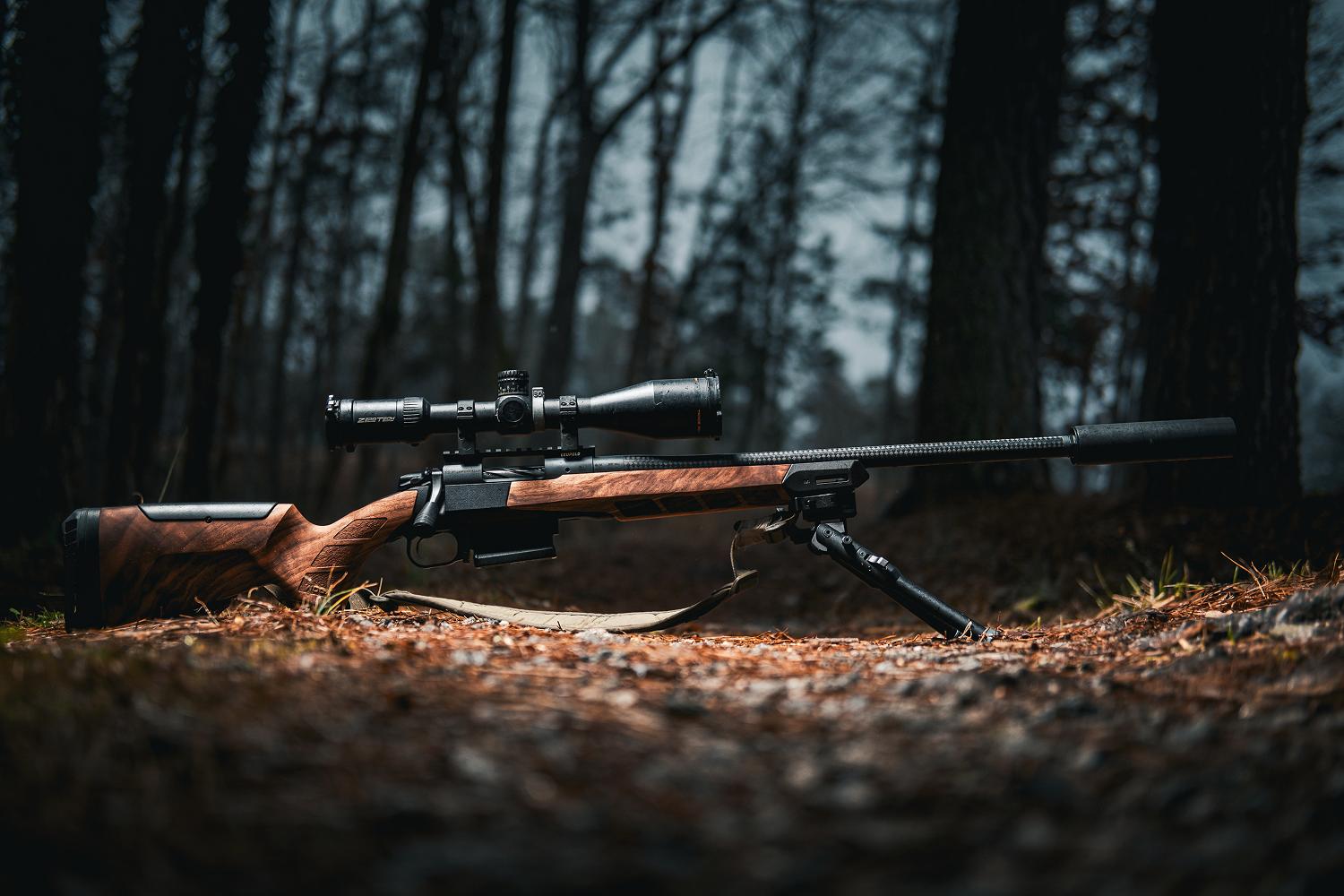
Bergara for Superleggera High Grade Series
The Bergara for Superleggera High Grade Series represents a purpose-built precision hunting system designed for mobility, reliability, and long-range confidence in demanding terrain.



